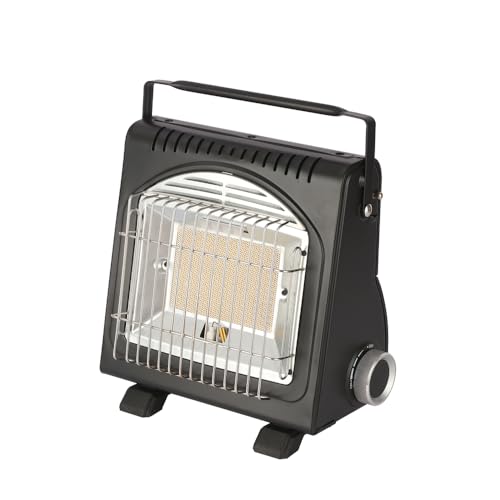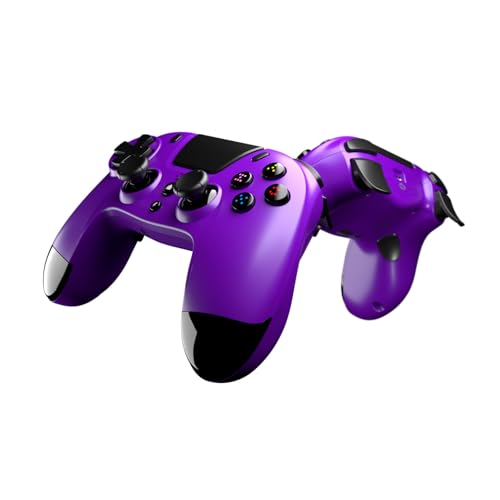Understanding Tent Heaters: What They Are and How They Work
What is a Tent Heater?
Tent heaters are portable devices designed to warm the interior of tents during colder conditions, enabling campers to maintain a comfortable environment no matter what the weather is like outside. Unlike regular heaters, which are often bulky and more suited to fixed locations, tent heaters are lightweight and easy to transport, making them ideal for camping trips in chilly or unpredictable climates.
How Do Tent Heaters Work?
These heaters come in various forms, such as propane, electric, or wood-burning models. A propane heater, for example, relies on gas canisters to produce heat, often quickly raising the temperature inside a tent with minimal setup. Electric heaters, on the other hand, need a power source, making them suitable for camping sites with electrical hookups. Wood-burning options provide a rustic and traditional way to heat your space, but they require a good understanding of fire safety and ventilation.
Choosing the Right Tent Heater for Your Needs: Types and Features Explained
Types of Tent Heaters
To select the perfect tent heater, you first need to consider the type that suits your camping style. Propane heaters are convenient for those who don’t have access to electricity and often provide immediate heat but require careful handling. Electric heaters are wonderful for campsite setups with power connectivity, offering consistent warmth without the need for fuel changes. For adventurous souls who prefer a more authentic camping experience, wood-burning heaters can provide warmth and the ambiance of a crackling fire.
Essential Features to Consider
When deciding on a tent heater, we should look for features that enhance safety and usability. A built-in tip-over switch is crucial, as it automatically shuts off the heater if it falls over, preventing any fire hazards. Size is also an important factor; we should choose a unit that is appropriately sized for our tent to ensure efficient heating without waste. Additionally, a heater with an adjustable thermostat allows us to control the temperature and conserve fuel.
How to Safely Use a Tent Heater: Best Practices for a Cozy Camping Experience
Setting Up Your Tent Heater Safely
When setting up a tent heater, we must prioritise safety. Place the heater on a flat, stable surface away from flammable items such as sleeping bags, clothes, and the tent walls. Ensure proper ventilation by leaving a small opening in the tent, as this mitigates the risk of carbon monoxide buildup, especially with propane and wood-burning heaters.
Monitoring Temperature and Air Quality
As we enjoy the warmth, we should remain vigilant about the indoor air quality. Regularly check the heater’s operation and monitor the tent’s temperature to prevent overheating. Using a carbon monoxide detector can provide peace of mind, alerting us to any unsafe levels of the gas, ensuring we can enjoy our camping experience without worry.
Top Tent Heater Recommendations: Our Picks for Every Scenario
Best All-Round Tent Heater
For a versatile option, we recommend looking into a compact propane heater that is easy to transport and offers reliable heating at an affordable price point. It should have safety features like an automatic shutoff and adjustable settings to suit varying temperature needs.
Best Electric Tent Heater for Campsites with Power
If you have access to electricity, consider an electric tent heater with a small footprint and a fan assist feature. This will distribute heat evenly across the tent, maintaining comfort for every camper inside.
Best Wood-Burning Tent Heater for Adventurers
For those wanting to embrace nature fully, there’s a quality wood-burning heater that is lightweight and made for outdoor use. Its innovative design allows for easy setup and effective heat production, creating a warm, inviting atmosphere within your tent.
Maintenance and Care for Your Tent Heater: Ensuring Longevity and Efficiency
Regular Inspections
To keep our tent heater in top shape, regular inspections are essential. Check the fuel lines and connections on propane models for leaks and ensure the electric wiring is intact for electric heaters. Maintaining cleanliness by removing dust and debris from the heater will also contribute to its efficiency.
Proper Storage of Your Heater
When not in use, we should store our tent heater in a dry, cool place to prevent any moisture from causing damage. For propane heaters, empty the fuel canisters before storage, while electric models should be kept away from harsh environmental conditions. Proper care and storage will extend the life of our tent heater, making future camping trips more enjoyable.










